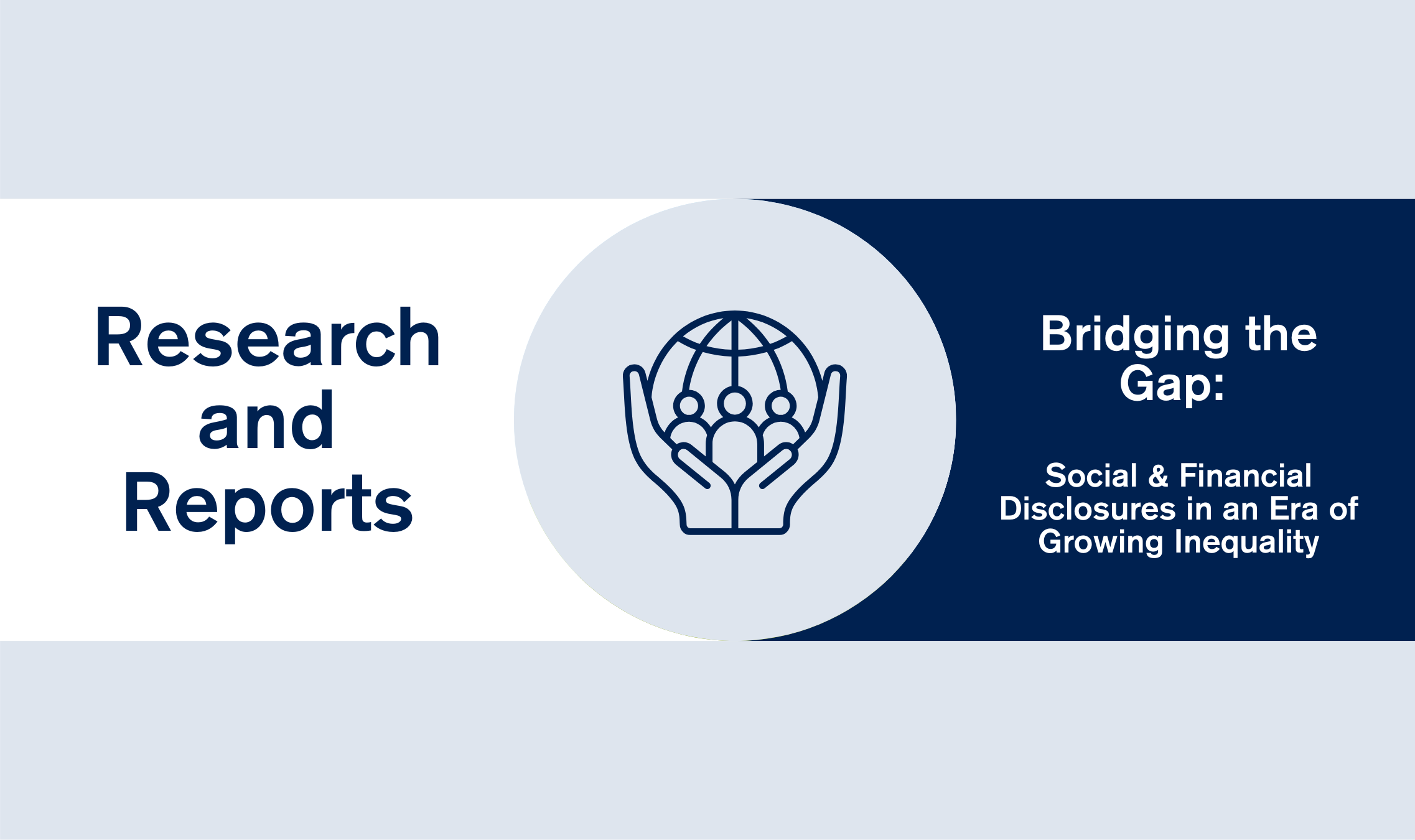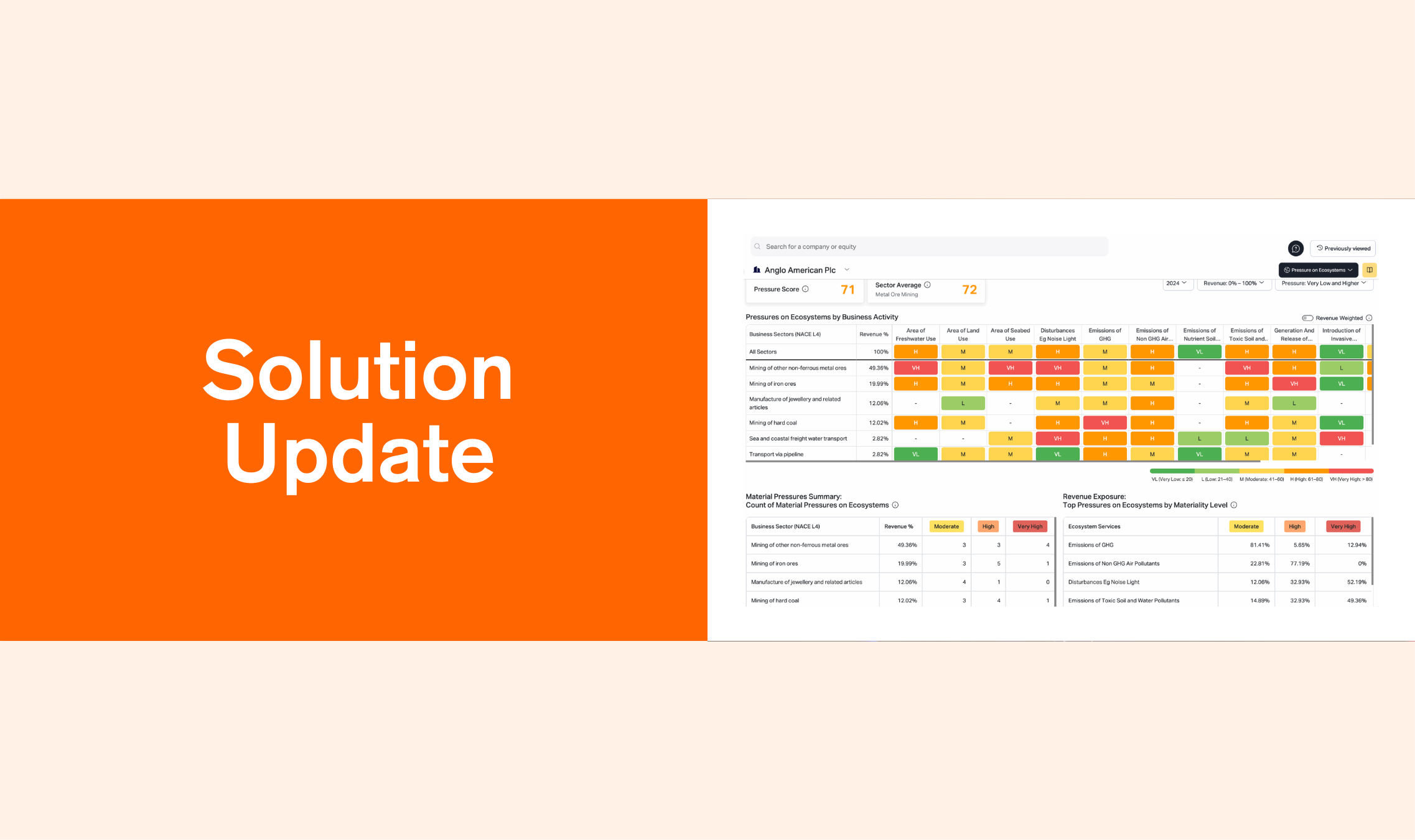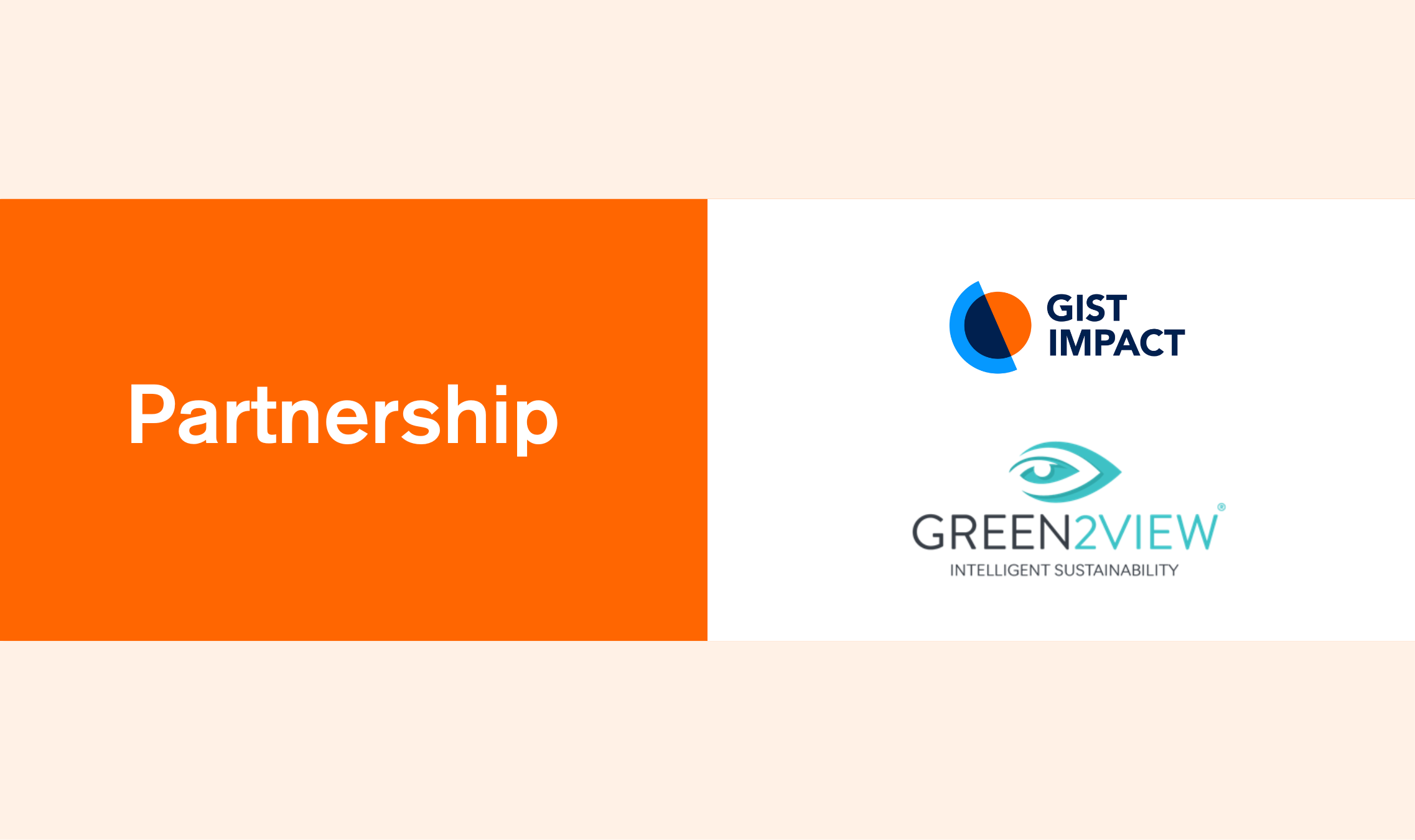Despite growing interest in ESG, one piece remains persistently underdeveloped: the “S”.
Inequality, labour rights, and community well-being are still too often treated as secondary concerns in sustainability reporting – measured through intent, not outcomes. But with geopolitical instability rising, and social unrest linked directly to declining trust and opportunity, that approach is no longer fit for purpose.
That’s why the launch of the Taskforce on Inequality and Social-related Financial Disclosures (TISFD) matters. Building on the momentum of TCFD and TNFD, TISFD aims to bring structure and substance to how companies and investors disclose social impacts, dependencies, risks, and opportunities (IDROs).
The Taskforce proposes a clear shift: from internal policies to the real lived outcomes of people affected by business activity – what it calls their state of being. This means focusing on income, dignity, safety, education, and more, grounded in human rights, well-being, and the social and human capital businesses rely on.
As our latest Spotlight Report explores, this isn’t just a moral imperative. It’s a strategic one. From suppressed productivity to financial instability, inequality carries a measurable cost. Businesses that take this seriously – backed by data, not just statements – stand to gain across a number of areas.
At GIST Impact, we see TISFD as forming part of the next frontier of sustainability. As climate and nature disclosures reshape how companies understand environmental risk, so will the TISFD for inequality. The tools are coming. Now’s the time to get ready.





